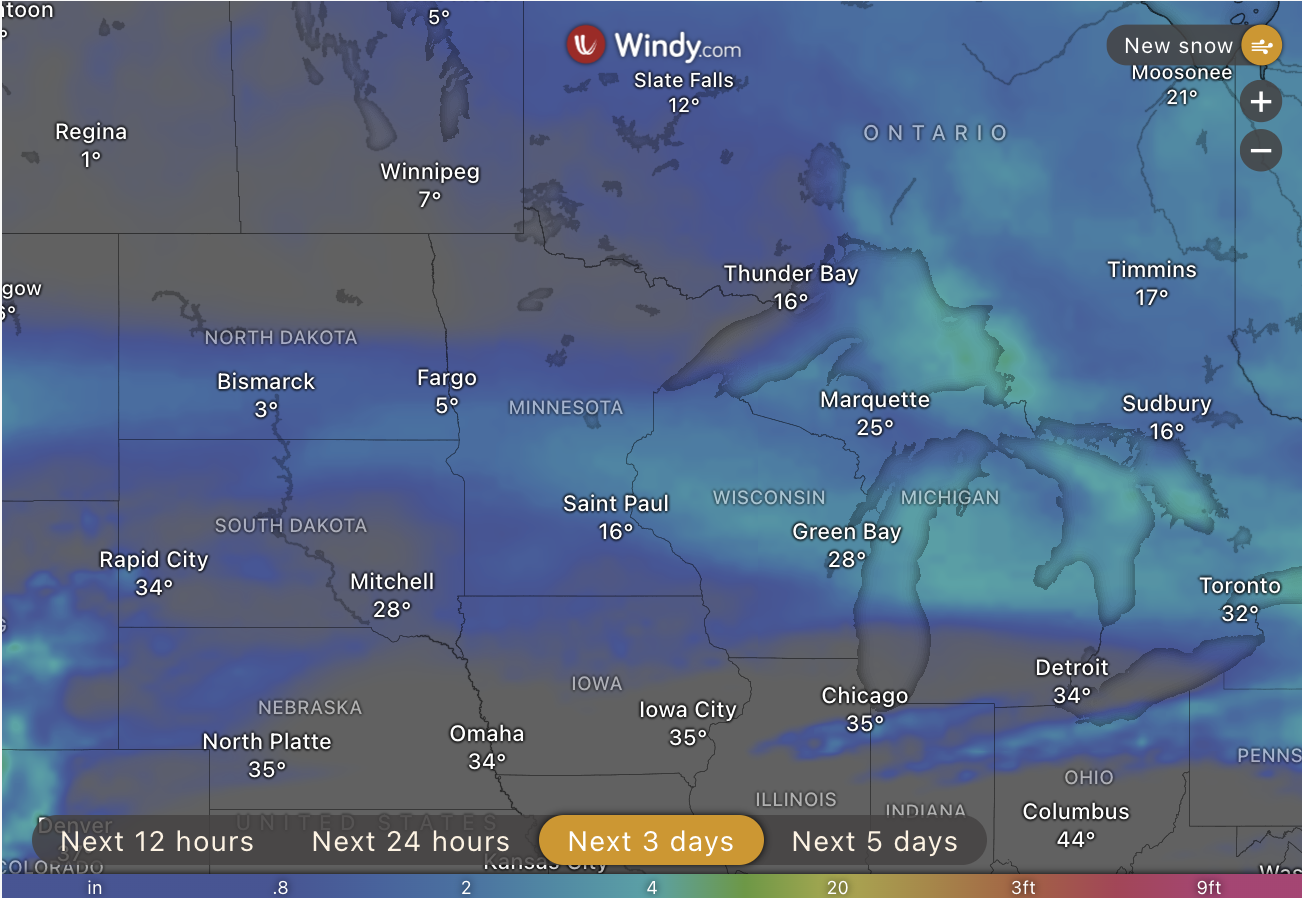Egg prices across the United States continue to rise, and grocery stores are struggling to keep up with demand due to stockpiling, leaving shelves empty in many areas.
What's Going On With Eggs?
Egg prices across the U.S. have surged due to a combination of supply chain disruptions, an ongoing bird flu outbreak and new regulatory changes.
Shoppers are reporting empty shelves in grocery stores, and restaurants are struggling to keep up with the rising costs.
Why It Matters
Consumers accustomed to paying around $2 for a dozen eggs have seen prices more than double in recent months. The average cost of a dozen large, grade-A eggs hit $4.15 in December 2024, up 14 percent from the previous month, according to federal data. Some shoppers are encountering prices as high as $8 per dozen, with many grocery stores enforcing purchase limits.
The U.S. Department of Agriculture (USDA) predicts egg prices will rise another 20.3 percent in 2025, further straining household budgets. While price hikes are common ahead of Easter due to increased demand, this year's surge is being driven primarily by supply disruptions.

Why Are Egg Prices Going Up?
Egg prices have surged primarily due to the ongoing bird flu outbreak, which has devastated poultry farms across the U.S. Millions of egg-laying hens have been culled to prevent the spread of the virus, drastically reducing supply. Additionally, supply chain disruptions, transportation costs and new state regulations requiring cage-free egg production have all contributed to higher prices.
What To Know
A highly pathogenic strain of avian influenza (H5N1) is at the root of the supply crisis. The virus led to the culling of 13.2 million commercial egg-laying hens in December alone, with total bird losses nearing 145 million since the outbreak began in 2022.
Ricky Volpe, a professor of agribusiness at Cal Poly State University, told CBS MoneyWatch that "for about a year and a half now, the sort of frequency and severity of avian flu outbreaks in the poultry and egg supply chains in the U.S. have sort of just been on the rise in a big way."
He added, "Everyone is just sort of hoping that, 'OK, this will be the last one, then we'll get back to normal.' But we keep on not getting back to normal."
Another significant factor is transportation. The U.S. faces a persistent shortage of truck drivers, leading to increased costs for refrigerated shipping—critical for transporting eggs.
"Refrigerated truck transportation is a major pain point in the food supply chain right now. There's a shortage of drivers, long-haul truck rates are up, and eggs are of course very transportation-intensive," Volpe explained to CBS MoneyWatch.
Cage-free egg laws in multiple states, including California, Michigan and Colorado, have also contributed to rising costs. These laws set minimum space requirements for egg-laying hens, reducing overall production capacity.
How Much Are Eggs at Costco and Other Stores?
Egg prices vary widely at major retailers. In December 2024, a dozen eggs cost $4.15 on average nationwide, but prices were significantly higher in some areas. At Costco and other large grocery chains, organic and cage-free eggs are selling for as much as $6 to $8 per dozen. Some stores have even implemented purchasing limits due to supply shortages.
What People Are Saying
At grocery stores nationwide, frustration is growing.
Minneapolis resident Sage Mills told The Associated Press: "It's just robbery. Eggs used to be kind of a staple food for us, but now you know, you might as well just go out to eat."
A Reddit user by the name u/botella36 posted recently: "My Costco had a three-carton limit today. They were running out at about noon."
A TikTok user by the name @LustForAdventureMom posted on Wednesday about her trip to Costco: "Yep, I'm ready to fight for some eggs. I have three cake orders this weekend, and I need eggs."
David Anderson, a professor in the Agriculture Economics department at Texas A&M University, told PBS in a February 2 story: "These are all time record high prices [for eggs]. So, you know, in a historical context, we're at the peak. We're the highest they've ever been."
Dr. Kimberly Rollins, professor and head of the Department of Agricultural and Resource Economics in the College of Agriculture, Health and Natural Resources at the University of Connecticut told Newsweek: "...it's the influenza. We've always had cycles of this. But the influenza would come and then it would go. It went away and it wouldn't come back for a couple years.
She continued, "Yes, there would be flocks of hens that would die, but it didn't spread as much as it has now because it's just stayed for much longer without a break. Because its stayed for so long, it allows more spreading, and because its allowed more spreading, we've got more of it in more places across the U.S. That means the supply shock is coming from all over. And, not only that, it takes a chicken about eight to nine months before she lays an egg. Now, there's a much deeper shortage, and it takes longer to rebuild, and while you're rebuilding, you can't be selling and eating all of those eggs."
What Happens Next
While relief may eventually be on the horizon, it is not expected immediately. The USDA projects that egg prices will begin to decline by the second quarter of 2025, with costs potentially returning to around $2.50 per dozen by mid-year. However, this prediction hinges on the containment of bird flu and improvements in the supply chain.
Until then, consumers will likely continue to face high prices and limited availability as the poultry industry struggles to recover from one of its worst crises in years.














)





 English (US) ·
English (US) ·